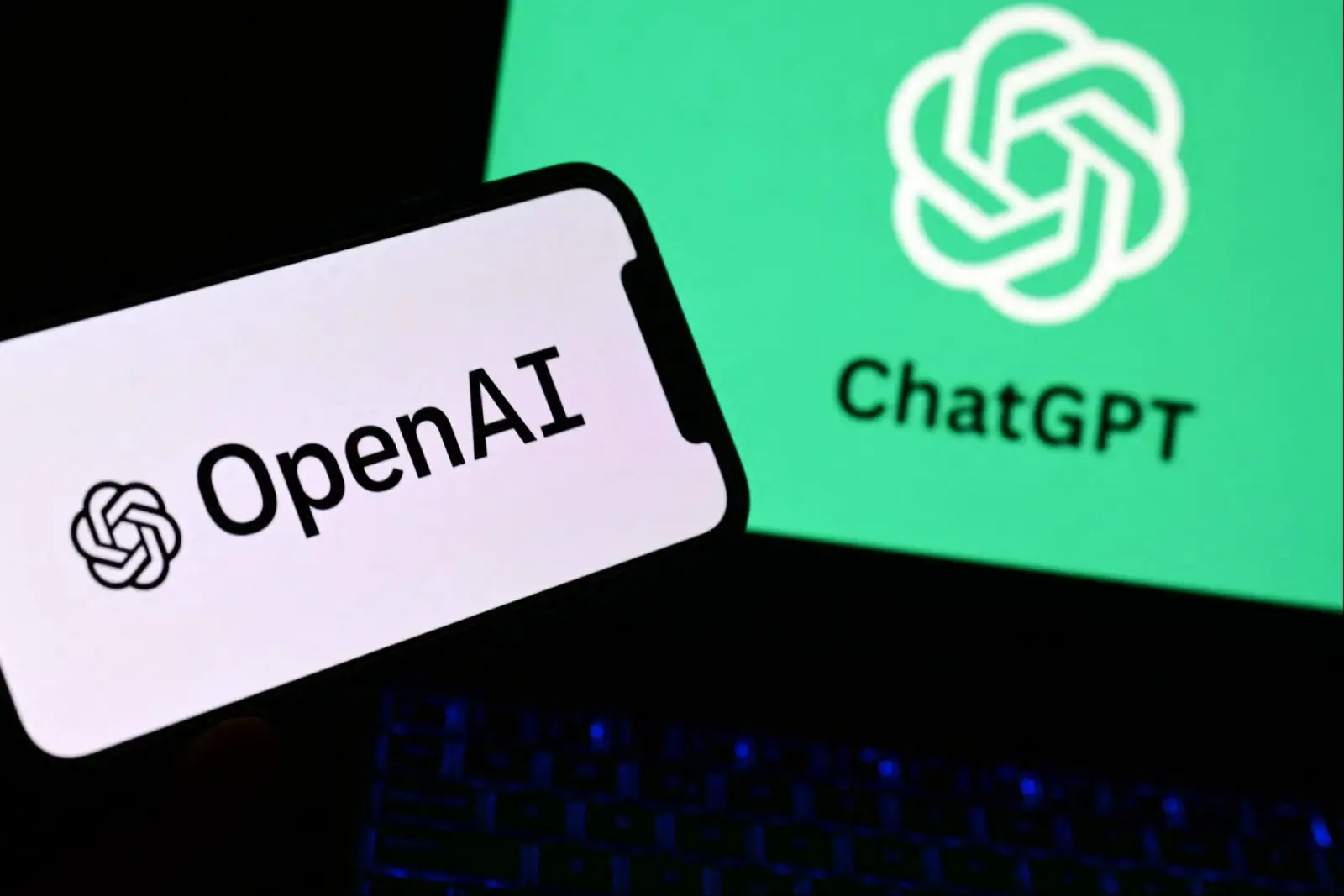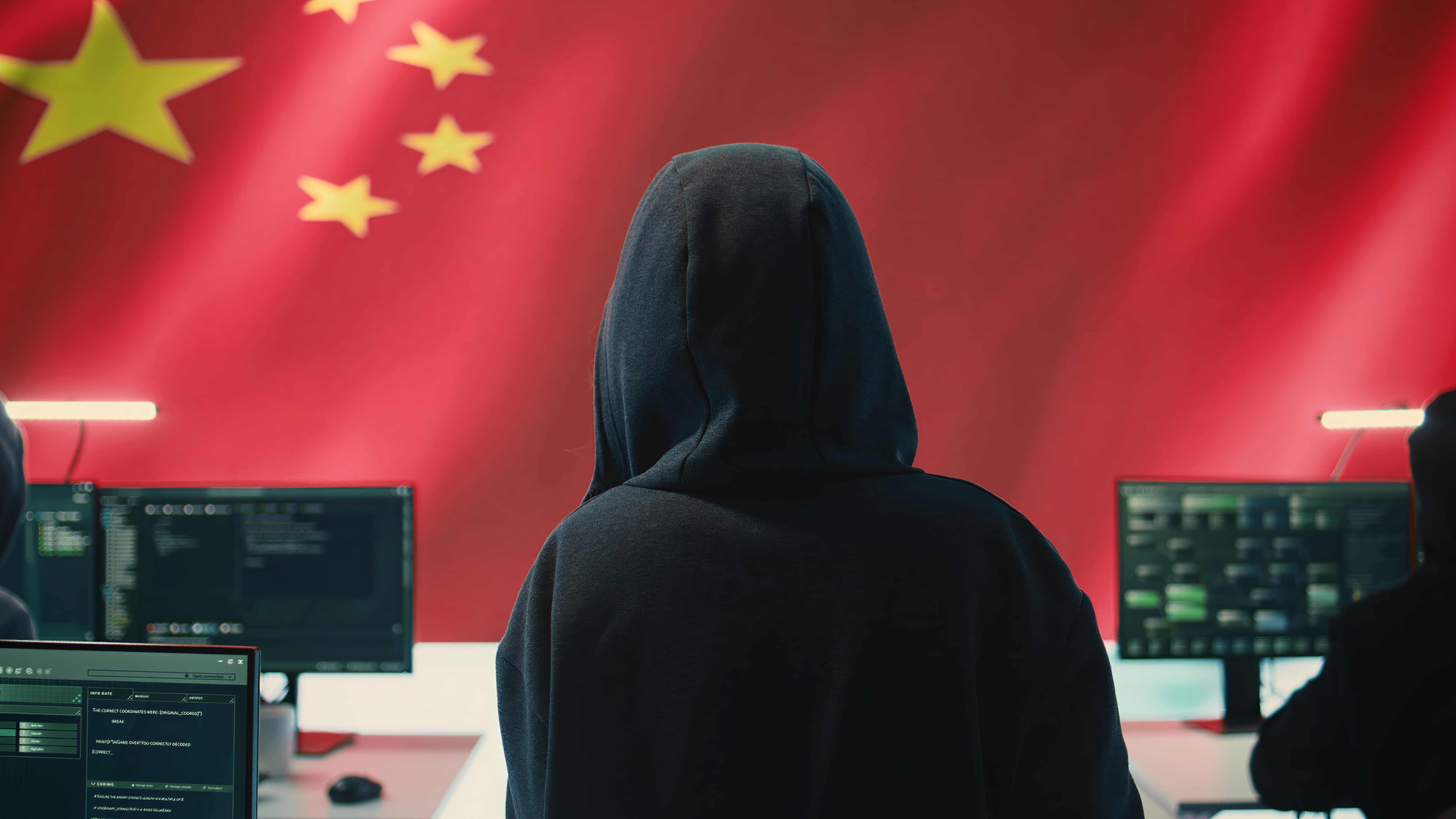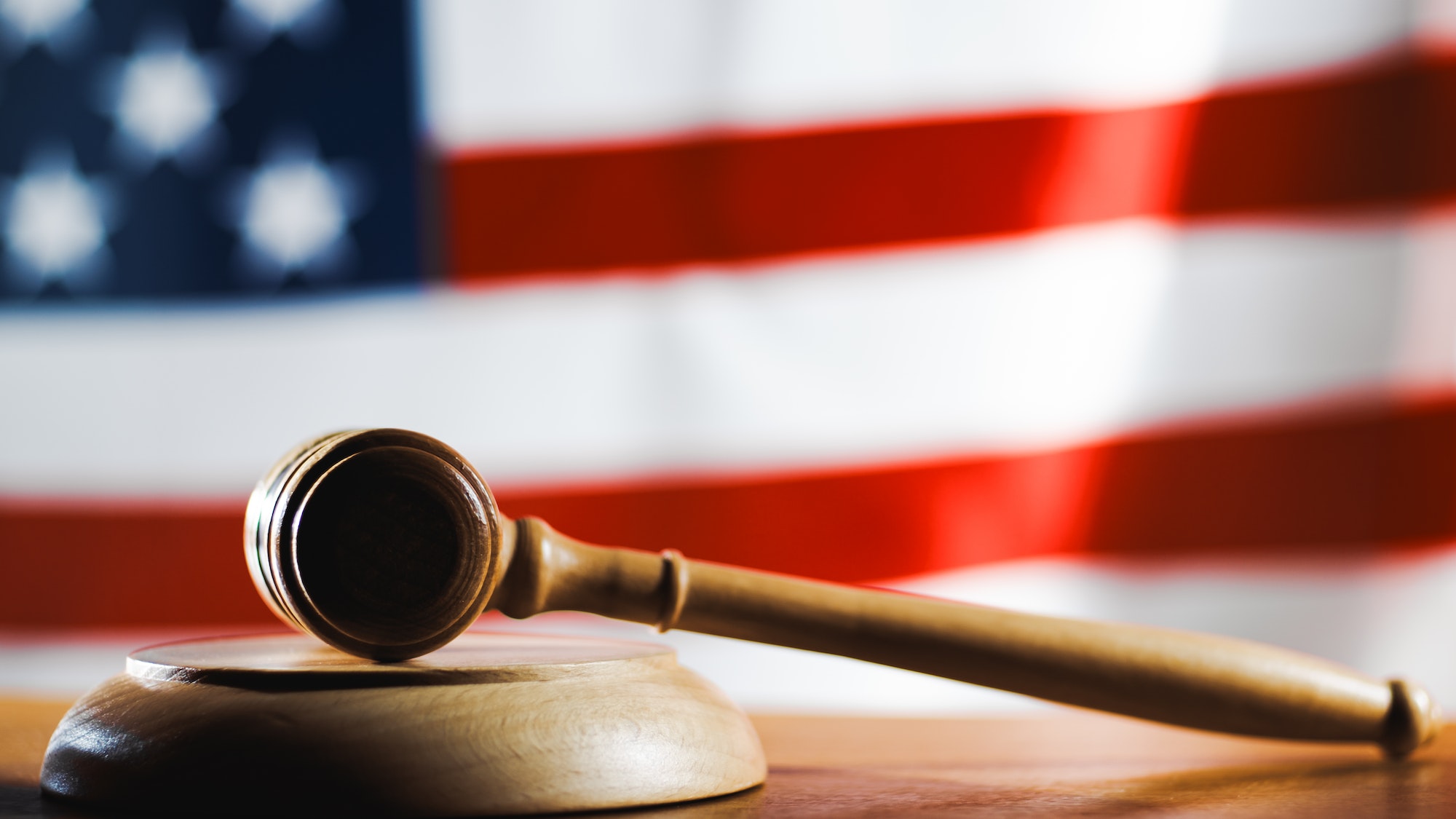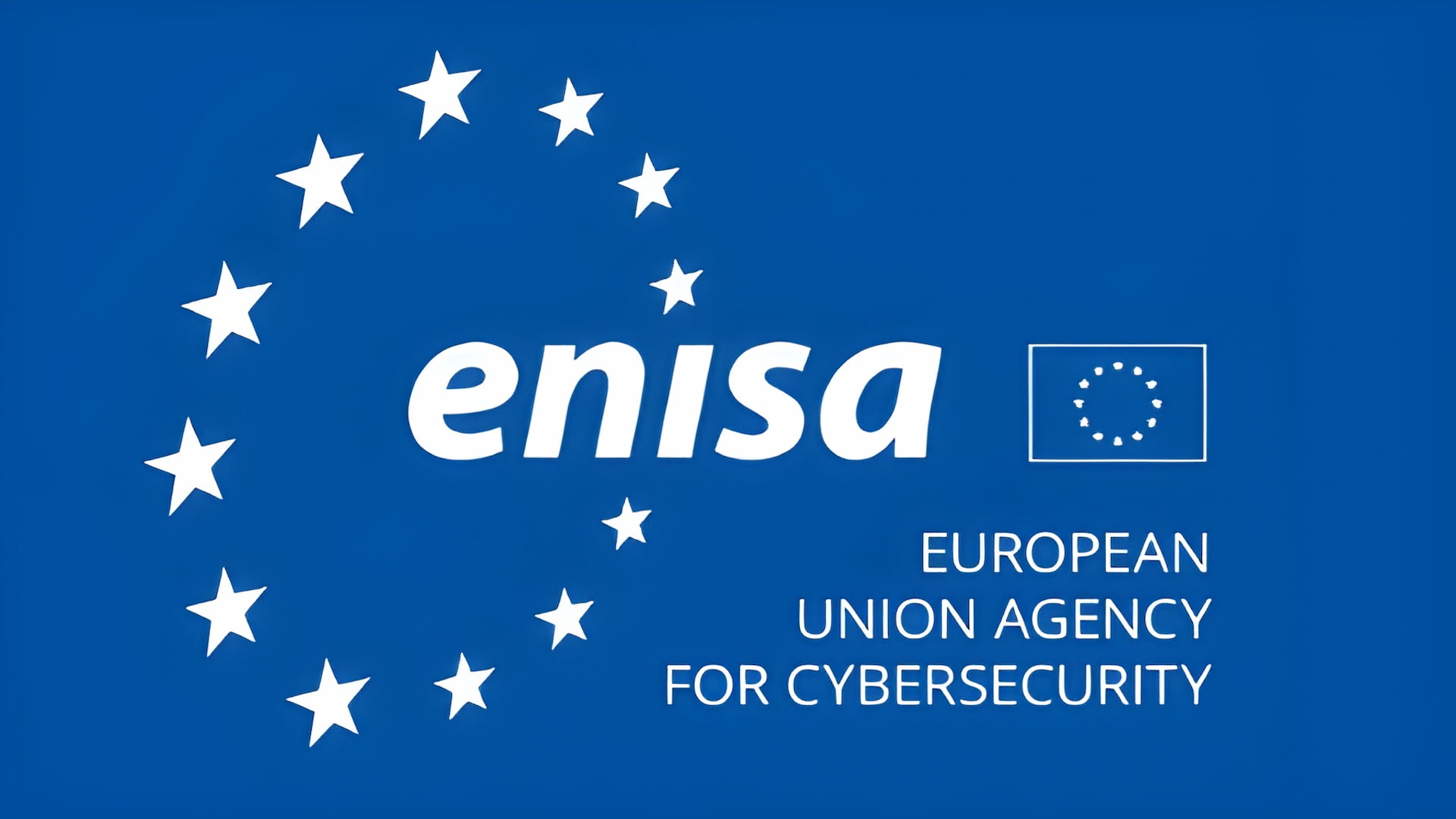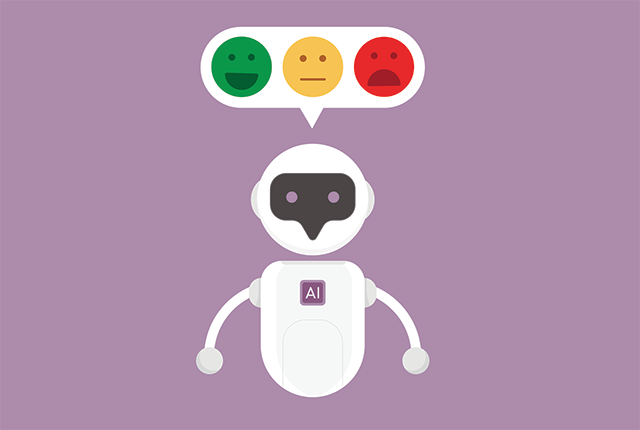A whistle-blower has reported that the Department of Government Efficiency (DOGE) allegedly transferred a copy of the US Social Security database to an Amazon Web Services cloud environment.
The action placed personal information for more than 300 million individuals in a system outside traditional federal oversight.
Known as NUMIDENT, the database contains information submitted for Social Security applications, including names, dates of birth, addresses, citizenship, and parental details.
DOGE personnel managed the cloud environment and gained administrative access to perform testing and operational tasks.
Federal officials have highlighted that standard security protocols and authorisations, such as those outlined under the Federal Information Security Management Act (FISMA) and the Privacy Act of 1974, are designed to protect sensitive data.
Internal reviews have been prompted by the transfer, raising questions about compliance with established federal security practices.
While DOGE has not fully clarified the purpose of the cloud deployment, observers note that such initiatives may relate to broader federal efforts to improve data accessibility or inter-agency information sharing.
The case is part of ongoing discussions on balancing operational flexibility with information security in government systems.
Would you like to learn more about AI, tech and digital diplomacy? If so, ask our Diplo chatbot!



